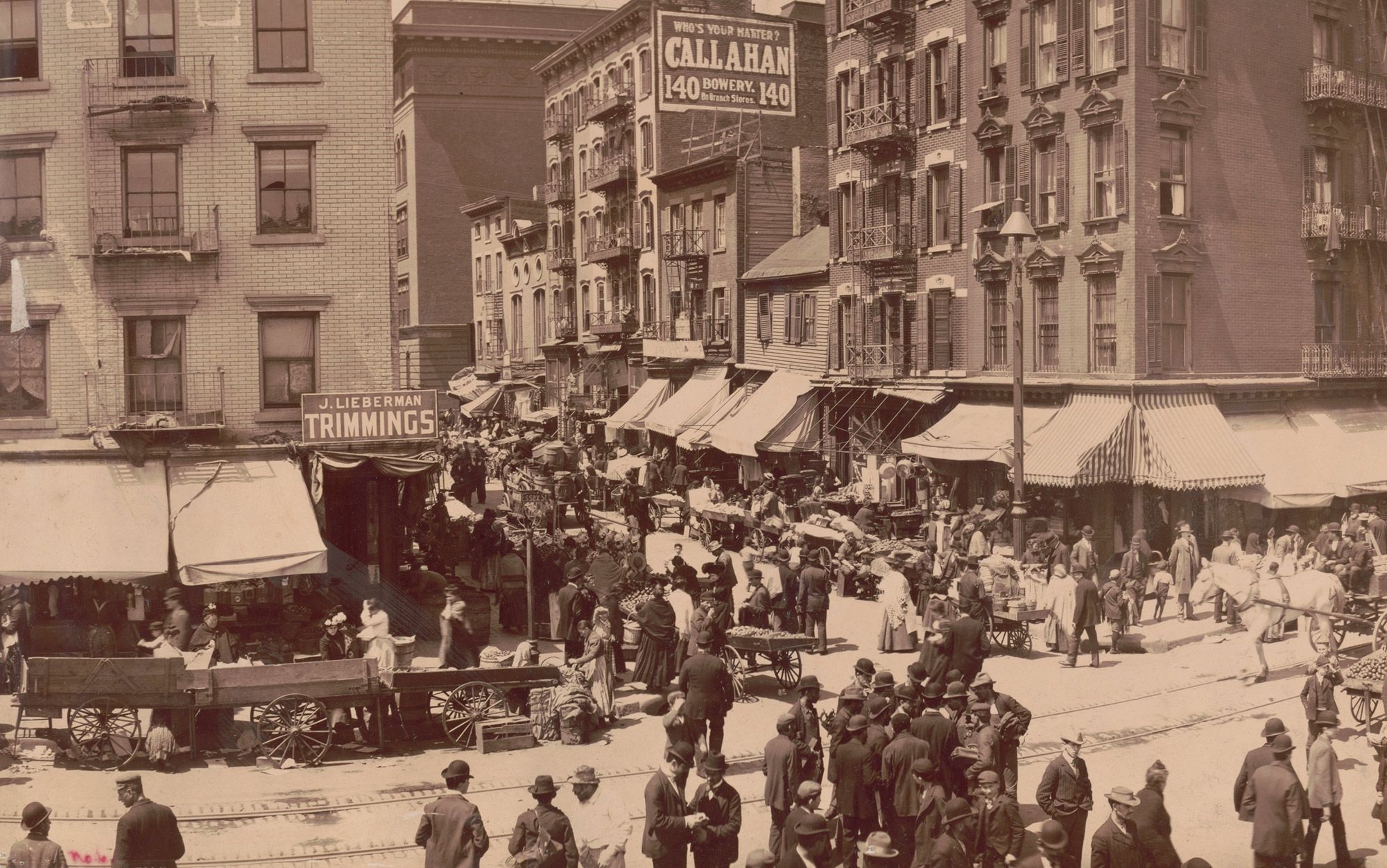
Saved by kev
How urban density can make our neighbourhoods better | Aeon Essays

Saved by kev
Keely Adler added
sari and added

Keely Adler and added

Keely Adler and added
sari added
Laura Pike Seeley added
Andrew McCluskey added
From Dense Discovery - on humaning